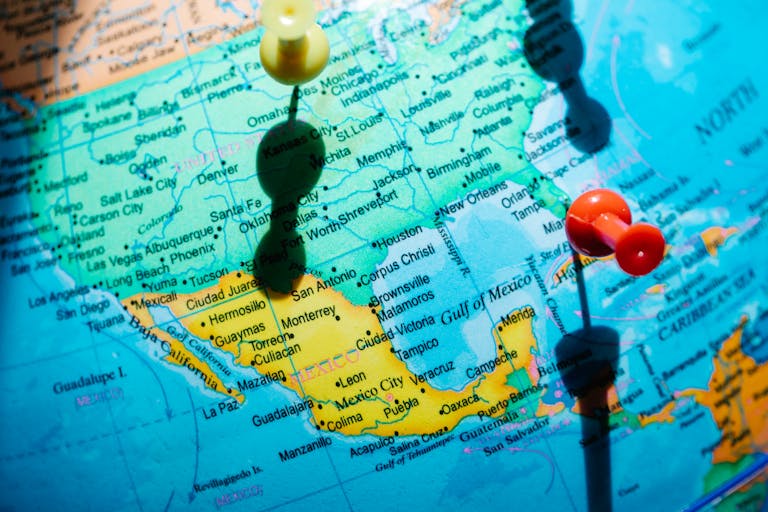National Population Commission: 5 Core Functions
The National Population Commission (NPC) is vital in Nigeria’s development journey. As the primary government agency responsible for population-related matters, the NPC collects, analyzes, and manages demographic data to guide national planning and policy-making.
From conducting censuses to issuing birth and death certificates, the commission impacts everyday life more than many realize. Understanding the NPC’s responsibilities, functions, and current initiatives helps shed light on its importance in shaping Nigeria’s future.
What is the National Population Commission?
The National Population Commission is a federal body created to oversee matters of population in Nigeria. It was created in 1988 under Decree No. 23, now recognized as an Act of Parliament. With headquarters in Abuja and branches in all 36 states, the NPC operates with the mission of generating accurate, reliable, and up-to-date demographic data.
5 Core Functions of the National Population Commission
The commission is involved in various critical activities, including:
1. Conducting Population and Housing Censuses
One of the most well-known functions of the NPC is organizing and executing national population censuses. These censuses are essential for planning resources, infrastructure, healthcare, education, and political representation.
2. Vital Registration (Births and Deaths)
The NPC is responsible for the ongoing tracking and documentation of births and deaths throughout the nation. This service is essential for issuing birth and death certificates, which are often required for legal, educational, and medical processes.
3. Demographic Surveys
Apart from doing censuses, the NPC also runs a bunch of different demographic and health surveys. These surveys help to track trends in fertility, mortality, migration, and other vital population indicators.
4. Population Data Management
All data collected is processed, analyzed, and stored for national use. The NPC ensures that the data remains accurate and secure, making it available to government bodies, researchers, and policymakers.
5. Policy Advisory and Research
The NPC serves as a think tank for the government, offering advice on policies that involve population dynamics. Whether it’s planning new schools or healthcare centers, NPC data often serves as the backbone of policy decisions.

Importance of the National Population Commission
Why does the NPC matter so much? Here are a few key reasons:
- Resource Allocation: Census figures guide the distribution of federal resources to states and local governments.
- Political Representation: Electoral boundaries and political appointments are often influenced by population data.
- Social Services Planning: Knowing population trends helps improve infrastructure, education, and public health programs.
- National Security and Identity: Accurate records on births and deaths help with national identity registration and security efforts.
Digital Transformation and National Population Commission
In recent years, the NPC has embraced digital technology to improve efficiency. Efforts have been made to digitize birth and death registration processes, reduce errors, and provide more accessible services to citizens.
The introduction of online pre-registration portals, the use of GIS mapping, and collaboration with tech partners have modernized how the commission operates. These improvements aim to build a robust population database that can support long-term planning and development.
The 2025 Census Preparations
A significant undertaking currently receiving attention is the organization and planning for Nigeria’s upcoming national population and housing census. Though the last census was conducted in 2006, new efforts are underway to deliver a digital, comprehensive, and inclusive count.
Key features of the proposed 2025 census include:
- Use of digital devices for data collection
- Online recruitment and training of census ad-hoc staff
- Improved security and transparency
- Inclusion of traditionally undercounted groups
Challenges Faced by the National Population Commission
Despite its crucial role, the commission faces several challenges:
- Funding Constraints: Census operations and data collection efforts are capital-intensive.
- Public Awareness: Many Nigerians are unaware of the importance of census participation or birth/death registration.
- Insecurity: In certain regions, insecurity limits the NPC’s ability to gather accurate data.
- Technical Infrastructure: While improvements have been made, gaps in digital infrastructure still exist in rural areas.
Conclusion
The National Population Commission serves a purpose that extends beyond merely collecting data. It’s a cornerstone of national development, helping Nigeria make informed decisions across all sectors. As Nigeria prepares for future censuses and strengthens its civil registration system, support for the NPC’s mission remains critical.
Improved funding, public cooperation, and technological integration can help the commission meet its goals. Understanding and supporting the NPC ensures that every Nigerian counts—literally and figuratively.
SUGGESTED POST >> Meaning of Postal Code: What It Is and Why It Matters
Discover more from Postal Code
Subscribe to get the latest posts sent to your email.

